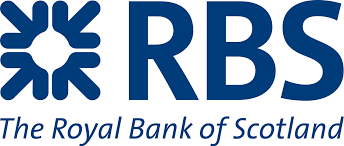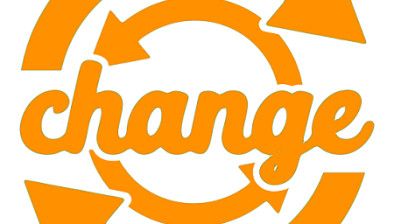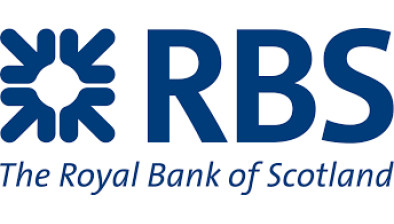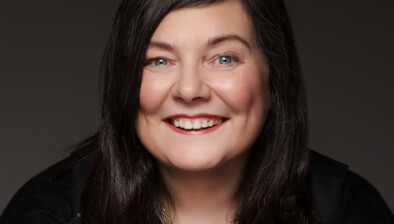Bank account switching scheme for SMEs fails to reach target

A £275 million scheme to entice business banking customers to move their current accounts from the Royal Bank of Scotland to alternative lenders has fallen short of its target.
The Incentivised Switching Scheme (ISS) was launched in 2018 under measures to boost competition in the banking market for small and medium-sized enterprises (SMEs). It formed part of the £775m Royal Bank of Scotland State Aid Alternative Remedies Package agreed between the UK Government and European Commission, following the failure by state-owned Royal Bank to find a buyer for its 300-plus Williams & Glyn branch network.
RBS, which was recently renamed Natwest Group, had been ordered to offload the Williams & Glyn business as a condition of its £45.5 billion bailout by UK taxpayers during the financial crisis, under state-aid rules.
Under the ISS, which is worth £275m, SMEs are offered dowries of up to £50,000 to move their current account to one of 10 alternative business banking providers, including Clydesdale Bank owner Virgin Money, and Edinburgh private bank Hampden & Co. The level of dowry offered is related to how much the business turns over.
However, new figures show the scheme has failed to hit its switching target. Banking Competition Remedies (BCR), the independent body established in 2018 to implement the Alternative Remedies package, originally targeted 120,000 customers switching their accounts by August 31 last year.
It pushed the target back to the end of February. However, figures released yesterday show BCR had overseen the switching of 57,496 business current accounts by February 28, when the scheme was closed to new applicants.
BCR said that the tally represents more than 50% of the SMEs that had switched through the Current Account Switch Service (CASS) in the two years to the end of February.
It noted that a further 19,409 accounts are in the process of transferring, and have until June 30 to complete the process in order to receive a dowry. However, it said that not all customers will complete their transfers for a “variety of technical and commercial reasons.”
The incentives payable to SMEs to encourage them to switch were increased by as much as two-thirds from March of last year in an effort to boost take-up rates.
Brendan Peilow, executive director at BCR with responsibility for ISS, said: “While there are still three months to go before ISS finally ends, the anticipated almost full utilisation of the dowries demonstrates the positive impact this innovative scheme has had on the UK SME sector.
“CASS has played an important role in making the transfer process seamless and on behalf of BCR I would like to express my appreciation. The fact that the aspiration to switch 120,000 Business Current Account customers has not been achieved even though the dowries will be almost fully distributed reflects the spread of customers switching across all turnover bands which in itself is encouraging.”
Full details of the number of switchers and which banks they transferred to as well as a breakdown by turnover bands and dowry paid will be provided once final figures are available after ISS closes at the end of June.
Colin Borland, director of devolved nations for the Federation of Small Businesses in Scotland, said: “In principle, FSB wants to see a more competitive business banking market with more operators vying over the custom of small and independent firms.
“The Incentivised Switching Scheme is a clever policy, meant to give a real boost to challenger banks, but it hasn’t delivered at the scale that was hoped.
“That might be because firms have been unwilling to switch during the pandemic, however we also know that some of the banks have suffered their own operational problems during the crisis. As soon as it is practical, we need to look again at the barriers to developing a business banking market which meets the needs of smaller firms.”
BCR said the ISS was designed to conclude when either 120,000 business current accounts switched, or when the £225m business current account dowry was spent (the £275m pool was comprised of £225m of business current account dowries and loans of £50m). It expects the £225m dowry to be spent by the time the scheme closes.
Figures published yesterday showed that a total dowry of £206.7m has been paid out to date. The BRC said that if all customers in the process of switching complete by the end of June, £269m of the available pool of £275m will be required.







